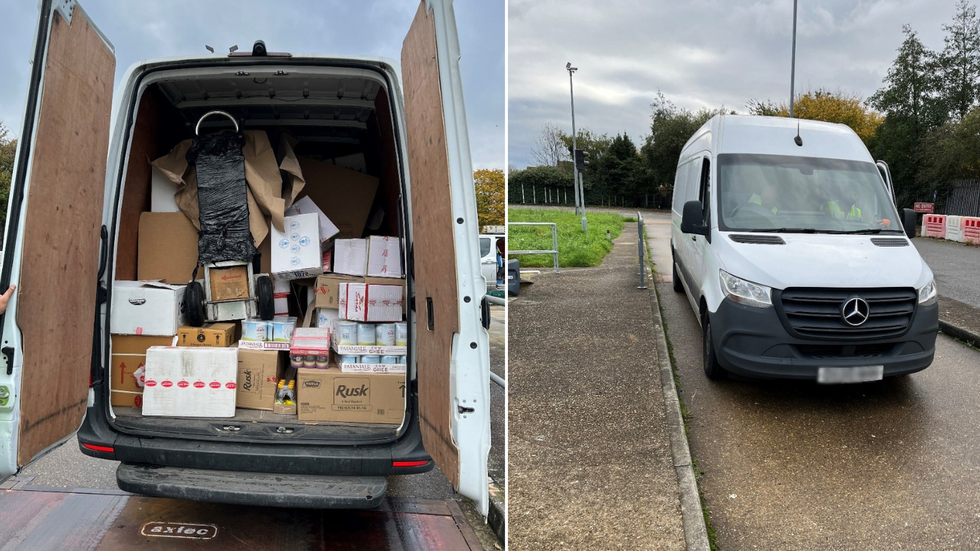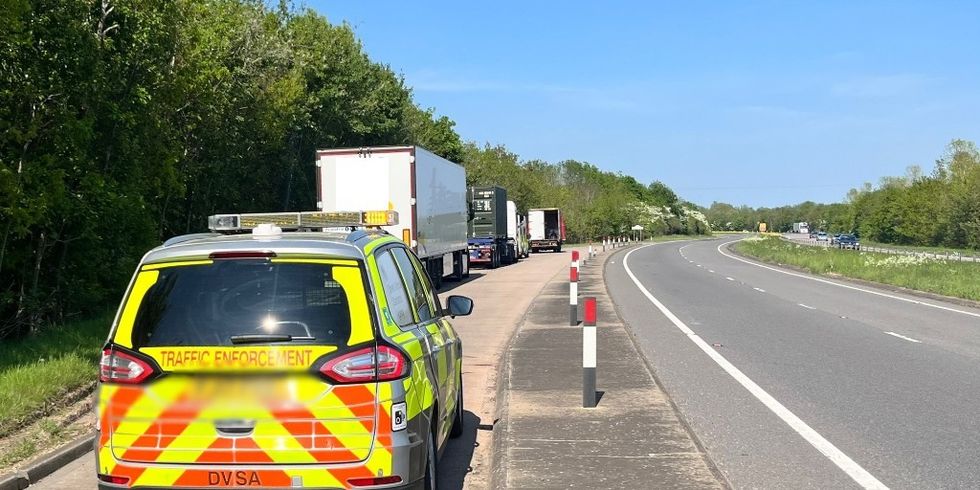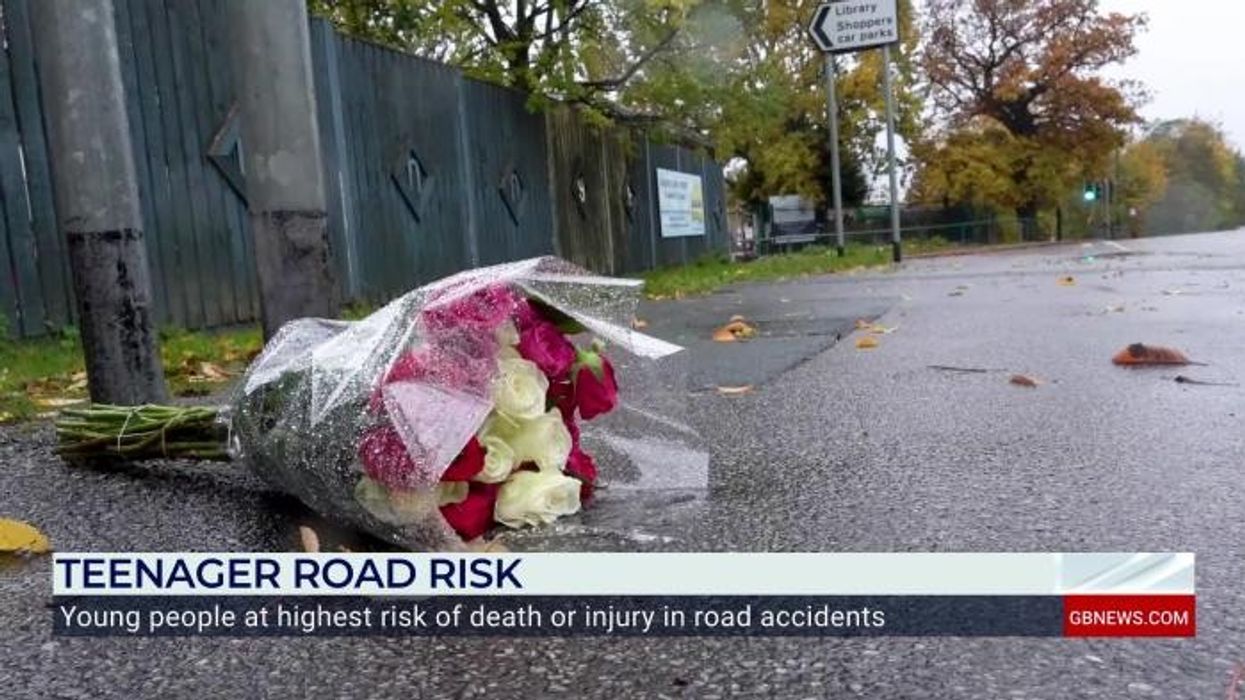Motorists risk £4,600 fine and prison sentences for breaking DVSA rules - 'Road safety isn’t an option'

Drivers can be fined for having overloaded vehicles by the DVSA
Don't Miss
Most Read
Latest
The DVSA has issued a warning to drivers not to overload vehicles, as offenders could face hefty penalties and even prison sentences in more serious cases.
It comes after the agency fined a company £4,600 plus £148 in costs after admitting to running a dangerously overloaded vehicle.
The van was spotted by traffic officers in Yeading last year and was found to be a shocking 41 per cent over the legal weight limit of 3,500kg, with reports finding the van to be weighing 4,940kg.
This comes just weeks before the same company was hit with a separate £22,000 fine for similar offences, the DVSA revealed.
Do you have a story you'd like to share? Get in touch by emailing motoring@gbnews.uk

The company was fined by the DVSA for having an overloaded vehicle on the road
|DVSA
The DVSA posted on X: "Driving an overloaded vehicle in the UK can have serious consequences. Overloaded vehicles put everyone at risk, with reduced control, longer stopping distances and increased chances of mechanical failure. Road safety isn’t optional - it’s essential."
Overloading a vehicle can be very dangerous and lead to several problems, including reducing the stability of the vehicle as well as increasing the vehicle’s starting and stopping times, which can burn more fuel over time and cause more road incidents.
The AA explained: "Let’s say you’ve planned a trip to take your child to university. The car is jam-packed with their things and passengers. Your car is now holding more than its Maximum Authorised Mass. Overloading your car in this way puts immense strain on the tyres."
The maximum amount is the total weight of a vehicle, including the load and all passengers. It can be found on the vehicle's unique identification number, which is under the bonnet or in the vehicle handbook.
Drivers can be fined for going above the vehicle weight, with penalties depending on how much the vehicle was over the maximum amount.
A car overloading penalty will normally consist of a fixed penalty fine of £100 for less than 10 per cent overloaded, this then increases to £200 for between 10 to 14 per cent overloaded, before hitting £300 for 15 per cent overloaded and over, plus three points on a licence.
However, for more serious cases of overloading a vehicle by over 30 per cent, drivers could receive a court summons. The AA warned that the most severe punishment could even be a two-year prison sentence if found guilty of dangerous driving under the Road Traffic Act 1988.
Drivers can tell if their vehicle is overloaded if their vision is obscured so much that they are unable to see around the vehicle or have a clear view of the mirrors.
Other indicators include the suspension and the shape of the wheel arches. The AA warned: "If either of these looks drastically different after packing your items onto/into the car, then you’re likely to be overloaded".
Meanwhile, if the handling is severely reduced, this could be a key indicator that the vehicle is over its allocated weight limit.
The AA shared: "If you put too much weight in your car, several problems can occur. For one, you’ll suffer from reduced handling and performance, with stopping, starting and turning all negatively affected.
"You may also see an increase in the amount of wear and tear on key components within your car, such as the engine, suspension, brakes and tyres – leading to costly repairs."
LATEST DEVELOPMENTS:
- Tesla owners report vandalism more than other drivers as Elon Musk blamed for protests and attacks
- Elderly drivers see car insurance prices skyrocket as 'slower reaction times' prompt road safety concerns
- Drivers attack bizarre road design featuring new 'deathtrap' roundabout - 'Tragedy waiting to happen'

The DVSA stopped several vehicles which were found to be breaking road traffic rules
|DVSA
In the latest DVSA road checks, the agency found five vehicles which had issues with tyres, brakes, visibility and insecure loads. The agency issued £950 in fines and three penalty points and removed the unsafe vehicles from the roads in response to the findings.











